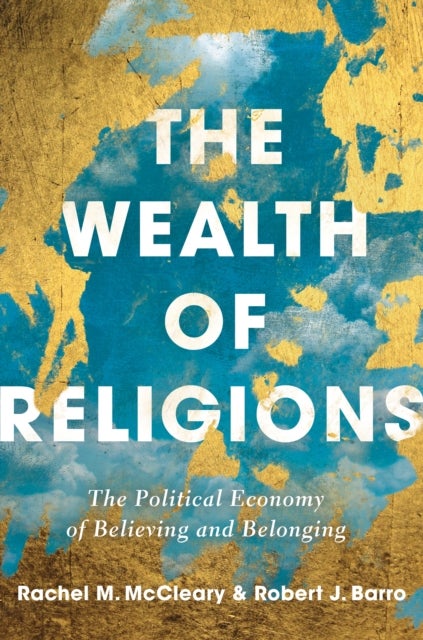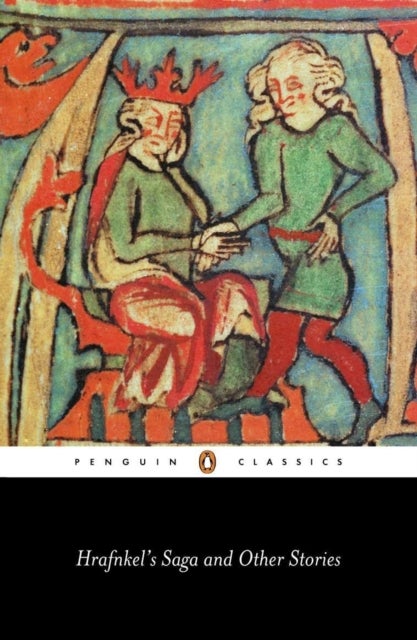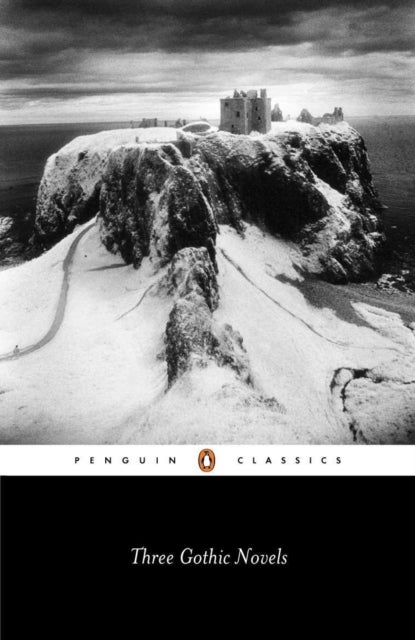
The Wealth of Religions av Robert J Barro, Rachel M. McCleary
223,-
<p><b>How religious beliefs and practices can influence the wealth of nations</b><br><br>Which countries grow faster economically¿those with strong beliefs in heaven and hell or those with weak beliefs in them? Does religious participation matter? Why do some countries experience secularization while others are religiously vibrant? In <i>The Wealth of Religions</i>, Rachel McCleary and Robert Barro draw on their long record of pioneering research to examine these and many other aspects of the economics of religion. Places with firm beliefs in heaven and hell measured relative to the time spent in religious activities tend to be more productive and experience faster growth. Going further, there are two directions of causation: religiosity influences economic performance and economic development affects religiosity. Dimensions of economic development¿such as urbanization, education, health, and fertility¿matter too, interacting differently with religiosity. State regulation and subsidiza








